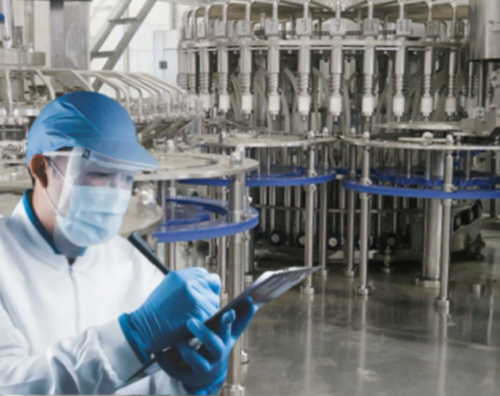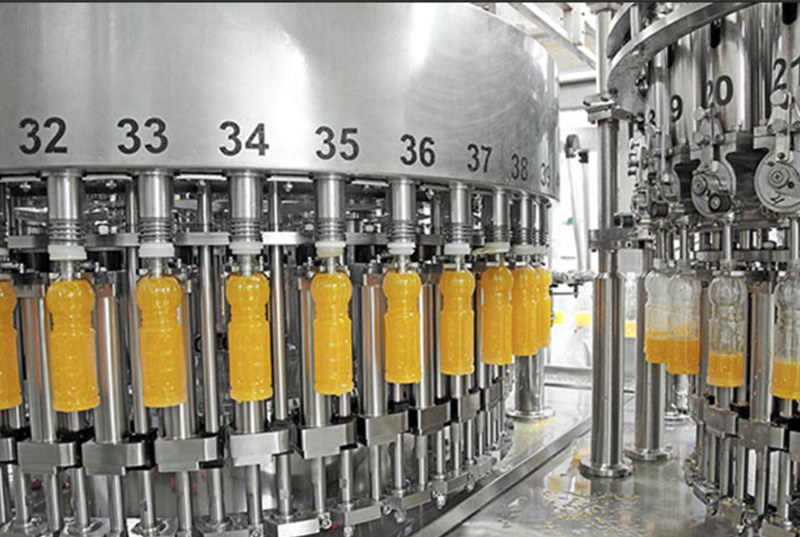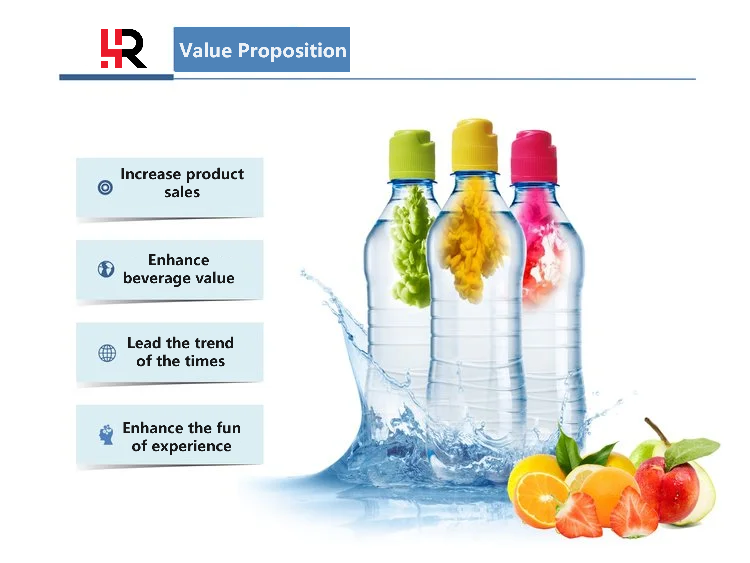Beverage filling machines are key equipment in beverage production lines, and their performance and stability directly affect product quality and production efficiency. In order to ensure the efficient operation of beverage filling machines and extend their service life, regular maintenance and inspection are essential. The following is a professional guide to maintaining and inspecting beverage filling machines.

Daily inspection and maintenance
1. Clean the work area
After each production, the work area should be cleaned immediately to ensure that there is no residue and foreign matter. This not only helps to maintain environmental hygiene, but also prevents foreign matter from damaging the equipment.
2. Check the appearance of the equipment
Regularly check the exterior of the beverage filling machine for obvious damage, deformation or leakage. If there is any abnormality, it should be handled immediately to prevent further damage.
3. CIP cleaning procedure
Follow the established CIP procedure to thoroughly clean the equipment and remove the dirt and residue accumulated during the production process. CIP cleaning can effectively keep the inside of the equipment clean and prevent contamination.
4. Lubrication system
Regularly lubricate all parts that need lubrication, including bearings, gears and guides. Use recommended lubricants to ensure smooth operation of the equipment.
5. Check electrical connections
Check that electrical lines and connectors are secure, not loose or damaged. Deal with electrical problems in a timely manner to avoid production interruptions.
Weekly/monthly inspection and maintenance
1. Check fasteners
Check all fasteners regularly to ensure that they are not loose to avoid unexpected failures in production.
2. Check seals
Check the wear of seals and gaskets, and replace damaged seals in time to prevent leakage.
3. Calibrate the metering system
Calibrate the metering system of the beverage filling machine to ensure the accuracy of the filling amount and avoid product waste.
4. Check the conveying system
Check the wear of the conveyor belt, chain and gears, and adjust or replace them if necessary to ensure smooth operation of the production line.
5. Check the pneumatic and hydraulic systems
Pressure test the pneumatic and hydraulic systems to ensure that the systems are working properly and prevent sudden failures.
Quarterly/annual inspection and maintenance
1. Deep cleaning
Perform a deep cleaning, including hard-to-reach areas, to ensure the hygiene of the equipment and avoid long-term accumulation of dirt that affects the performance of the equipment.
2. Check sensors and controllers
Perform functional tests and calibrations on all sensors and controllers to ensure the accuracy and stability of the equipment.
3. Check mechanical parts
Perform a comprehensive inspection of mechanical parts, repair or replace worn and damaged parts in a timely manner, and keep the equipment in the best condition.
4. Electrical system maintenance
Thoroughly inspect the electrical system, including motors, control cabinets, and safety devices, to ensure the safety and reliability of the electrical system.
5. Software update
Check and update the control software to ensure that the equipment runs the latest program and improve production efficiency.
Professional maintenance
1. Professional technicians
Regularly invite professional technicians to perform professional inspections and maintenance on beverage filling machines to ensure that the equipment is always in the best condition.
2. Performance testing
Perform performance testing to evaluate the production efficiency and product quality of the equipment, and promptly discover and solve problems.
3. Risk assessment
Perform risk assessment to identify potential failure points and safety hazards, and take preventive measures in advance.
4. Maintenance records
Record all maintenance activities, including replaced parts, calibration data, and problem solutions to provide reference for subsequent maintenance.
Special equipment maintenance
For different types of beverage filling machines, such as bottled water filling machines, juice filling machines, and juice filling production lines, specific maintenance and inspections are required according to their particularities.
1. Bottled water filling machine
Pay special attention to the maintenance of water quality and filtration systems to ensure that the water quality meets the standards and prevent water quality problems from affecting product quality.
2. Juice filling machine
Focus on checking the parts in contact with the juice to prevent juice residues from corroding the equipment and maintain the hygiene and performance of the equipment.
3. Juice filling production line
Evaluate the collaborative work of the entire production line to ensure smooth operation of each link and improve production efficiency.
Conclusion
Regular maintenance and inspections are key to ensuring stable operation of beverage filling machines and producing high-quality products. By following the above guidelines, manufacturers can minimize equipment failures, extend equipment life, and ensure the continuity of the production process and consistency of products.
Operator training and detailed records of maintenance records are equally important. Regular refresher training can maintain operator proficiency and avoid inefficiency and equipment damage caused by misuse. Maintenance records help track the health of the equipment and ensure that all maintenance activities are performed and recorded, thereby improving equipment reliability and standardized operation.
By developing and implementing a detailed preventive maintenance plan, you can ensure the optimal performance and long life of beverage filling machines, bottled water filling machines, juice filling machines and juice filling lines, protect your investment, and maintain high-quality production levels.


